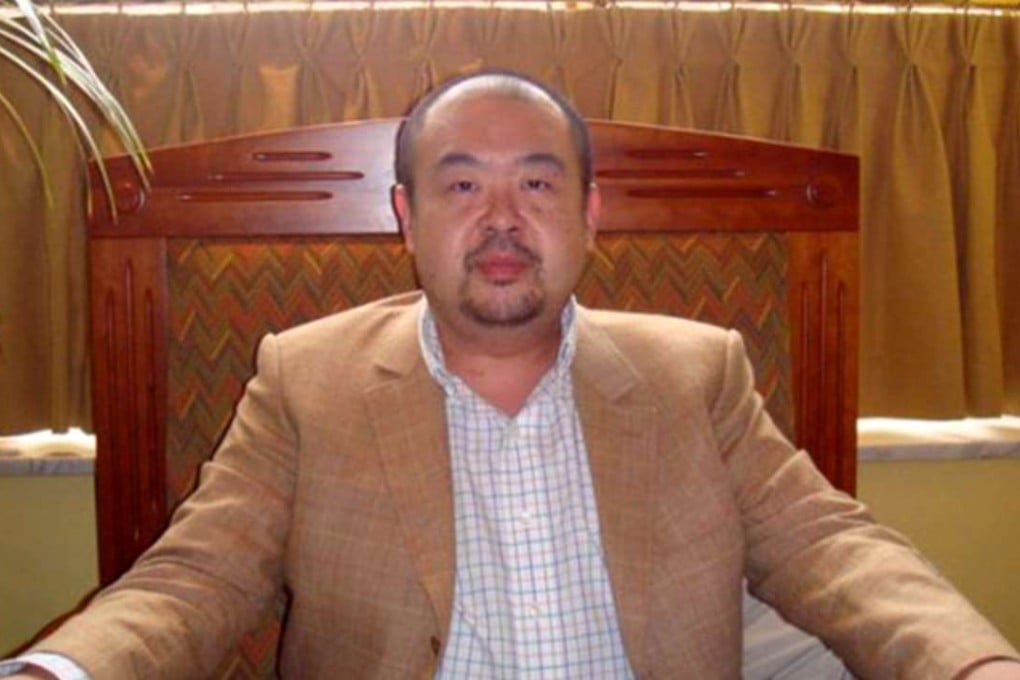Is the murder of Kim Jong-nam forcing China’s hand against North Korea?
Killing of North Korean president’s half-brother has raised doubts over whether Beijing can still control its wayward ally Pyongyang, writes Francesco Sisci

Politics in North Asia, which also impacts the United States, seems set on a new path following the recent assassination of Kim Jong-nam, elder brother of North Korean leader Kim Jong-un.
No definite conclusion has yet been announced by the police in Malaysia where the assassination took place, but all points to North Korea. It looks like Kim Jong-nam was killed by agents sent by his young brother with the apparent goal of bolstering Kim Jong-un’s hold on power by eliminating a potential challenge.
Shortly after the assassination, Beijing cut all imports of coal from North Korea. Coal is one of the major exports for the “hermit kingdom”, although with spring coming, coal consumption in China is sharply declining and it is unclear whether this measure will hurt Pyongyang badly.
It is also not clear what motivated the latest economic sanctions against the old ally. For decades, since the war in the peninsula in the 1950s, China and North Korea have said their relationship was as close as lip and teeth: without lips [North Korea], the teeth [China] would be exposed and endangered.
Chinese officials claimed the coal sanction was in response to the missile test the North Koreans fired during US Secretary of Defence Jim Mattis’s February 2 visit to Japan.